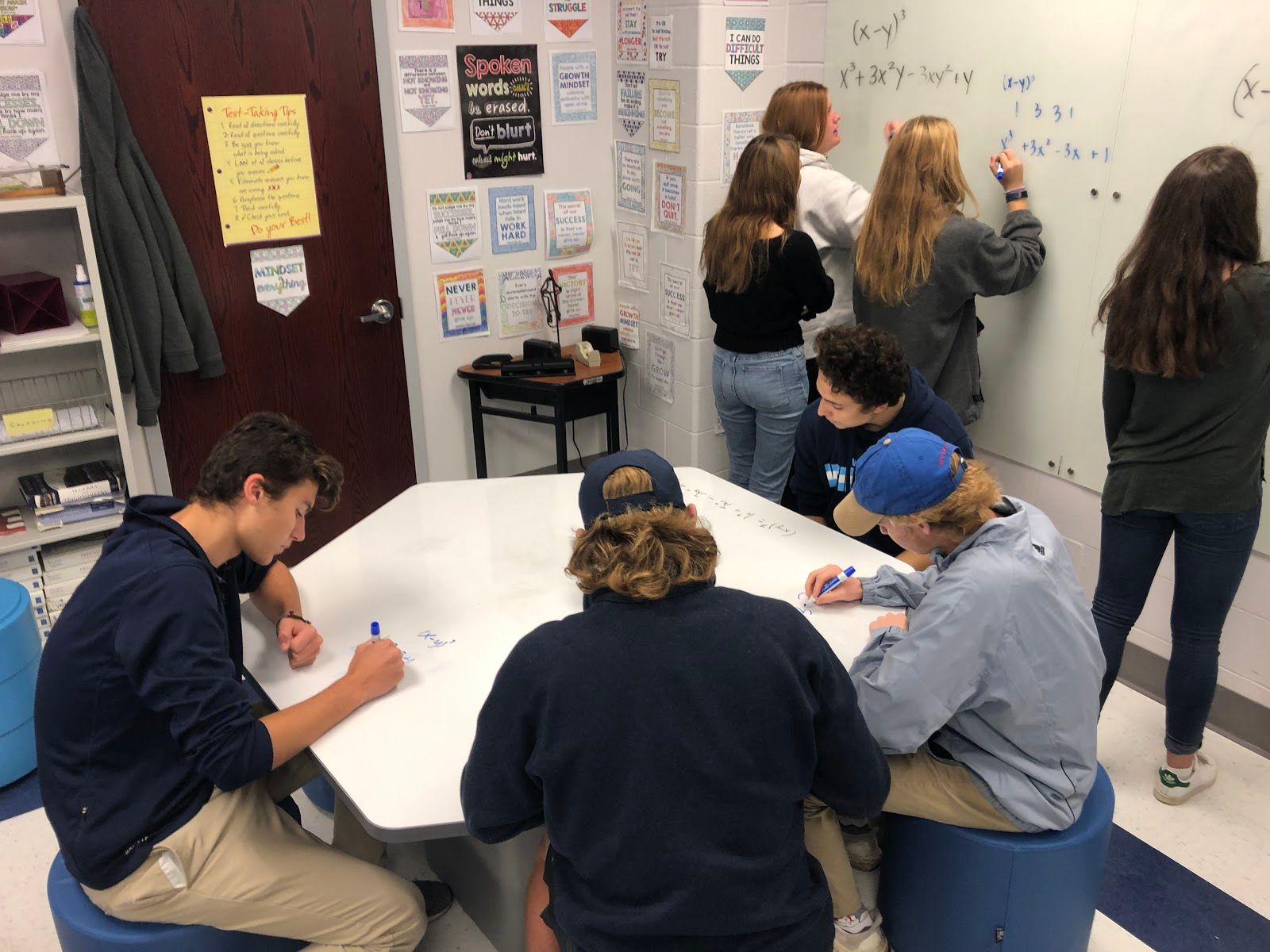
Are you a School District of the Chathams teacher or administrator with an innovative idea to inspire and enrich your students? The Chatham Educational Foundation (CEF) welcomes your grant proposals!
We seek grants that:
• Enrich and Enhance the current curriculum and educational structure without duplicating or replacing existing elements
• Are innovative and experimental teaching methods
• Evaluable with potential for expansion and replication if successful
• Align with SDOC and Chatham BOE goals
Expenditures outside of CEF’s scope:
• Replace or relieve public funding responsibilities
• Teacher stipends and substitute fees
• Typically, food, standard classroom supplies, or transportation
• Non-specific or vague funding requests

GUIDELINES
Please review the Funding Guidelines & Grant Procedures and the Grant Application Monthly Deadlines for essential information on how to submit your application. You can find the grant guidelines and due dates here.
If you’d like to discuss your proposal before submitting it, please email cefgrantscommittee@chathamedfoundation with a brief description and cc your supervisor. We’d be happy to set up a time to talk! We are here to help you craft a successful grant proposal.
TEACHER'S TIPS
Writing an Effective Educational Grant
Tips and resources to help you craft a robust proposal
Grants seek solutions to real educational needs that can serve as models for other educators.
As you put together your grant proposal, it's essential to clearly articulate your goals and the projects and processes that can help you reach those goals. Here are some tips and resources to guide you in this process.
Tips for writing a compelling grant
1. Explain the issues that challenge your students.
The first step is identifying the educational need or issue you'd like to address. For example, would learning or achievement be improved in your classroom:
- If students were engaged in the content or process of learning
- If their work connected to the world beyond the classroom
- If you could only get them to practice reading and writing skills
Grants often ask you to identify your needs so you can focus on articulating your challenges, issues, and goals to enhance learning.
Remember the power of storytelling. While protecting your students’ identities, please share a story that helps readers better understand their backgrounds, experiences, and challenges.
2. Clearly articulate your solution to the issue.
Your grant application also needs to clearly show how the resources you are asking for will address the issues in your classroom. Paint a picture of the work you will do with students, demonstrating how your proposed project or process will help you overcome the problem to meet your goal.
Now is the time to explain how your proposal supports your goals. Please be sure to explain why your chosen tools will make a difference. For example, if your goal is to improve language learning for your ELL students, your description of why you would use Wixie might look like:
“Students will use the integrated images, drawing features, and word processing tools in Wixie to document their learning through pictures and text and the recording feature to practice oral fluency. The distribution of their work online as digital stories, eBooks, or comics will provide an authentic opportunity to practice reading and writing.”
Sharing examples of specific student projects you will implement makes it easier to describe how students think deeply as they interact with content and build essential literacy skills.
3. Share evidence and reasons you think your solution will work.
In addition to showing what you will do, you need to articulate why this will improve student learning. Some of this can be anecdotal stories from your own experience, but you will also want to share research and information from other sources. Ensure you hold yourself to the same high evidence standard you set for your students. Include examples of potential outcomes and sample student artifacts to give the grant reader a clear picture of what will happen in your classroom when you get the grant.
Do your best to explain what success looks like and how you will evaluate the success of your project. Share identifiers and outcomes to let you know when you have achieved your goals.
Resources and ideas to help you focus your grant writing
All of the above only works if you are clear on your goal and can articulate outcomes you expect to see from implementing your program. So, before you even begin writing, be sure to have a clear goal or vision statement and a clear set of outcomes you can use to measure success.
Source: Creative Educator



